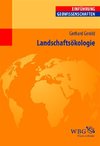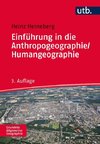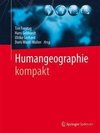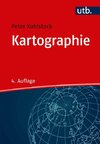
-
 Anglický jazyk
Anglický jazyk
An environmental geography perspective on Mexico's drug trafficking
Autor: Nayeli Araiza Coronado
This work studies how the abolishment of the land distribution programme, also known as agrarian reform, ended up being one of the principal factors in the rise of illicit crops during the decade of 1970. Academic papers and non-official sources were studied... Viac o knihe
Na objednávku
33.30 €
bežná cena: 37.00 €
O knihe
This work studies how the abolishment of the land distribution programme, also known as agrarian reform, ended up being one of the principal factors in the rise of illicit crops during the decade of 1970. Academic papers and non-official sources were studied in order to contextualize and link both the land distribution programme and the emergence of the drug trafficking phenomenon in Mexico. In both, official and non-official sources inconsistencies were found. A political ecology approach is presented in order to analyse the development of Mexico's history and the emergence of illicit crops both crossed with external historical data of Mexico in order to establish a more tangible context of the problem. A social approach was used to analyse the background of drug lords in order to establish the scenario in which they were living and draw the actions that might led them turned into illicit crops thus laying the foundation of drug trafficking. A lack of government control, lack of education of rural people, hunger and poverty made more feasible for farmers to turn to illicit crops as a way to complement their income in order to secure food and shelter for their families.
- Vydavateľstvo: LAP LAMBERT Academic Publishing
- Rok vydania: 2016
- Formát: Paperback
- Rozmer: 220 x 150 mm
- Jazyk: Anglický jazyk
- ISBN: 9783659869150
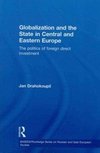



 Nemecký jazyk
Nemecký jazyk 

